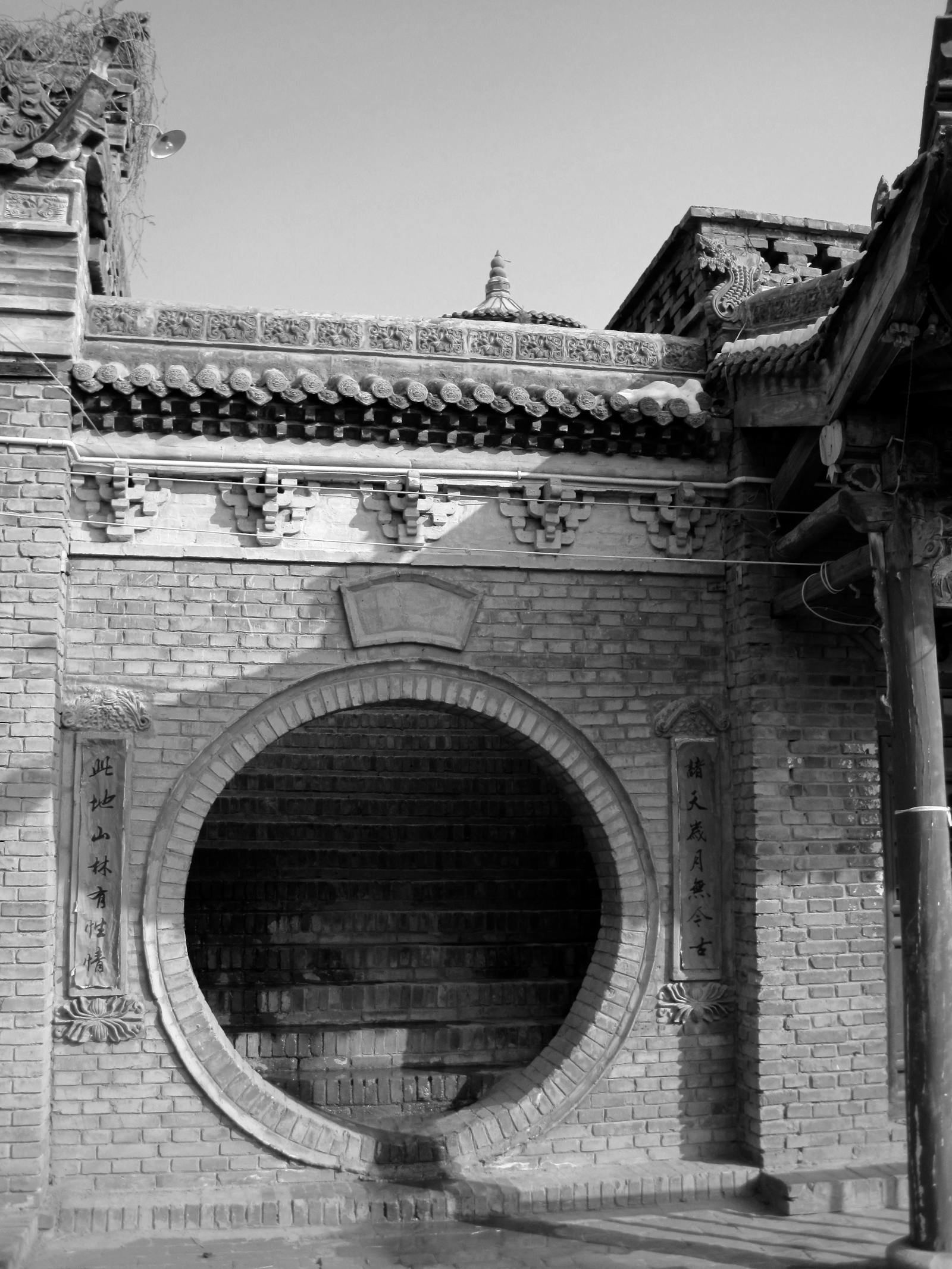Yulin, a city located in Guangxi Zhuang Autonomous Region, China, has gained significant attention in recent years due to its rich cultural heritage and controversial annual festival. The city, which is nestled in the southern part of China, has a vibrant history that dates back to ancient times. It is known for its unique blend of traditional Chinese culture and modern development. However, Yulin's global recognition is not only tied to its historical significance but also due to the annual Yulin Dog Meat Festival, which has sparked intense debates worldwide.
As we delve into the essence of Yulin, it's essential to understand the multifaceted nature of this city. From its historical landmarks to its culinary traditions, Yulin offers a fascinating glimpse into the cultural tapestry of southern China. This article aims to provide a comprehensive overview of Yulin, exploring its history, culture, and the controversies surrounding it.
By examining the various dimensions of Yulin, readers will gain a deeper understanding of the city's significance in both local and global contexts. Whether you're a history enthusiast, a culture lover, or someone interested in current global issues, this article will provide valuable insights into what makes Yulin a unique and intriguing destination.
Read also:How Tall Is Tate Mcrae In Feet Discover The Height Of This Rising Star
Table of Contents
- History of Yulin
- Geography and Climate
- Cultural Heritage
- Yulin Dog Meat Festival
- Local Cuisine
- Tourist Attractions
- Economic Development
- Controversies and Debates
- Government Policies
- Future Perspectives
History of Yulin
Yulin's history is deeply rooted in ancient Chinese civilization. The city's name first appeared in historical records during the Tang Dynasty (618–907 AD). During this period, Yulin served as a strategic military outpost due to its location near the border regions. The city played a crucial role in defending the empire against external threats and facilitating trade along the Silk Road.
Historical Landmarks
Yulin is home to several historical landmarks that reflect its rich past. The most notable among these is the Yulin Ancient City Wall, which dates back to the Ming Dynasty (1368–1644). This ancient wall not only served as a defensive structure but also symbolized the city's importance in ancient times. Additionally, the Yulin Grottoes, a series of Buddhist caves, provide valuable insights into the religious and cultural practices of the region during the Tang Dynasty.
These historical sites attract thousands of visitors each year, contributing significantly to Yulin's tourism industry. By preserving these landmarks, the city continues to celebrate its historical significance while promoting cultural tourism.
Geography and Climate
Geographically, Yulin is situated in the northern part of the Guangxi Zhuang Autonomous Region, bordered by Shaanxi Province to the north and Guizhou Province to the west. The city covers an area of approximately 41,600 square kilometers and is characterized by its diverse landscape, which includes mountains, plains, and rivers.
The climate in Yulin is classified as subtropical, with distinct seasonal variations. Summers are hot and humid, while winters are relatively mild. The region experiences a significant amount of rainfall, particularly during the monsoon season. This climate supports a wide variety of flora and fauna, making Yulin an ecologically rich area.
Cultural Heritage
Yulin's cultural heritage is a testament to the region's vibrant history and diverse influences. The city is home to several ethnic minority groups, including the Zhuang and Yao people, who have contributed significantly to its cultural landscape. Traditional festivals, music, and dance are integral parts of Yulin's cultural identity.
Read also:Unveiling The Secrets Of Lelasohana Erome A Comprehensive Guide
Traditional Festivals
- Spring Festival: Celebrated with great enthusiasm, this festival marks the beginning of the lunar new year and includes traditional performances and family gatherings.
- Dragon Boat Festival: A celebration of unity and strength, this festival features dragon boat races and traditional food.
- Mid-Autumn Festival: Known for its mooncakes and lantern displays, this festival symbolizes reunion and harmony.
These festivals not only preserve the city's cultural traditions but also foster a sense of community and belonging among its residents.
Yulin Dog Meat Festival
The Yulin Dog Meat Festival, held annually in June, has become one of the most controversial events associated with Yulin. The festival, which originated as a local tradition, involves the consumption of dog meat and lychees. Proponents argue that it is a cultural practice rooted in tradition, while opponents view it as inhumane and cruel.
International animal rights organizations have actively campaigned against the festival, leading to increased global scrutiny. In recent years, the Chinese government has taken steps to address these concerns, with some local authorities banning the sale of dog meat during the festival. However, the issue remains a contentious topic, highlighting the complexities of balancing cultural traditions with modern ethical standards.
Local Cuisine
Yulin's culinary scene is a reflection of its diverse cultural influences. The city's local cuisine features a variety of dishes that highlight the region's unique flavors and ingredients. While dog meat has historically been a part of Yulin's culinary tradition, the city offers a wide range of other delicious options for food enthusiasts.
Popular Dishes
- Yulin Noodles: A staple dish made from locally sourced ingredients, known for its rich flavor and texture.
- Lychee Chicken: A dish that combines the sweetness of lychees with the savory taste of chicken, creating a delightful culinary experience.
- Guilin Rice Noodles: Although not exclusive to Yulin, this dish is a favorite among locals and visitors alike.
By exploring Yulin's culinary offerings, visitors can gain a deeper appreciation for the city's cultural diversity and culinary heritage.
Tourist Attractions
Yulin boasts a variety of tourist attractions that cater to different interests and preferences. From historical sites to natural wonders, the city offers something for everyone.
Top Attractions
- Yulin Ancient City Wall: A must-visit for history enthusiasts, this ancient wall provides a glimpse into Yulin's past.
- Yulin Grottoes: These Buddhist caves offer a fascinating insight into the religious practices of the region during the Tang Dynasty.
- Beibu Gulf Coastline: For nature lovers, the coastline near Yulin offers breathtaking views and opportunities for outdoor activities.
These attractions not only draw tourists but also contribute to the local economy by promoting sustainable tourism practices.
Economic Development
Yulin's economy has undergone significant transformation in recent decades. Once primarily an agricultural region, the city has diversified its economic activities to include industries such as coal mining, energy production, and manufacturing. This economic growth has led to improved infrastructure and living standards for its residents.
However, the city faces challenges in balancing economic development with environmental sustainability. Efforts are being made to promote green energy and reduce reliance on traditional fossil fuels. By investing in renewable energy projects, Yulin aims to position itself as a leader in sustainable development.
Controversies and Debates
Yulin's global recognition is not without controversy. The Yulin Dog Meat Festival has sparked intense debates among animal rights activists, cultural preservationists, and policymakers. While some argue that the festival is a vital part of local culture, others believe that it perpetuates cruelty and inhumane practices.
These debates highlight the need for dialogue and understanding between different cultural perspectives. By engaging in open discussions, it is possible to find common ground and address the concerns of all stakeholders involved.
Government Policies
In response to the controversies surrounding the Yulin Dog Meat Festival, the Chinese government has implemented several policies aimed at addressing animal welfare issues. Local authorities have taken steps to regulate the sale and consumption of dog meat, with some areas imposing outright bans during the festival period.
These policies reflect a growing awareness of animal rights and the importance of ethical practices. By working closely with international organizations and local communities, the government aims to strike a balance between cultural preservation and modern ethical standards.
Future Perspectives
Looking ahead, Yulin has the potential to become a model for sustainable development and cultural preservation. By embracing innovation and technology, the city can continue to grow while maintaining its rich cultural heritage. Efforts to promote eco-tourism and renewable energy will play a crucial role in shaping Yulin's future.
As global awareness of Yulin's cultural and environmental issues continues to grow, it is essential for the city to engage in meaningful dialogue with international stakeholders. By fostering collaboration and understanding, Yulin can address the challenges it faces while celebrating its unique identity.
Conclusion
In conclusion, Yulin is a city with a rich history, vibrant culture, and complex challenges. From its historical landmarks to its culinary traditions, Yulin offers a fascinating glimpse into the cultural tapestry of southern China. While controversies surrounding the Yulin Dog Meat Festival have drawn global attention, they also provide an opportunity for dialogue and understanding.
As Yulin continues to develop, it is crucial to balance economic growth with environmental sustainability and cultural preservation. By addressing the challenges it faces and embracing innovation, Yulin can position itself as a leader in sustainable development and cultural heritage.
We invite you to explore Yulin's rich history and cultural offerings further. Share your thoughts and experiences in the comments below, and don't forget to check out our other articles for more insights into global issues and cultural diversity.


